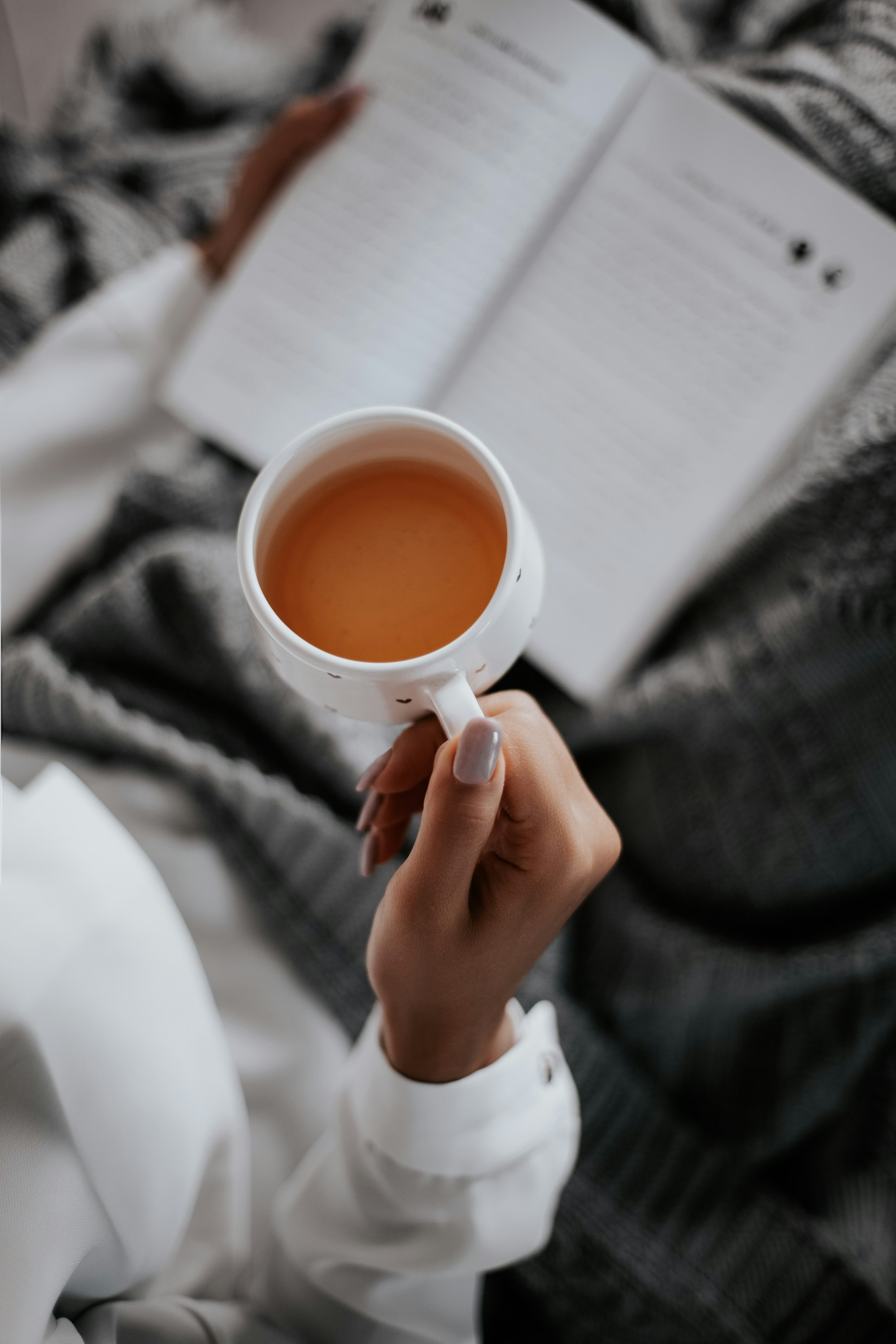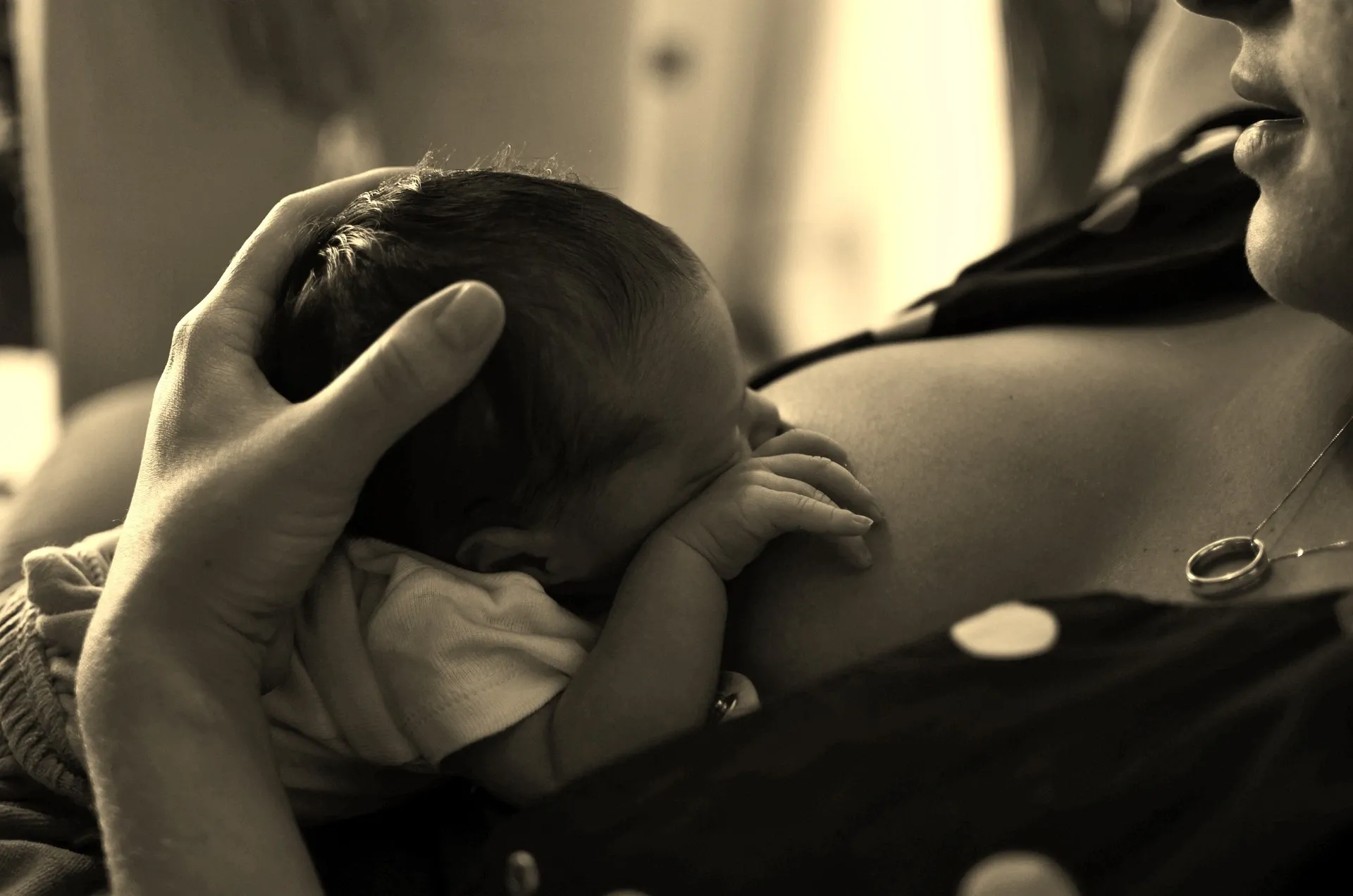Chai Tea and Breastfeeding - What You Need to Know
If you're breastfeeding and considering the health benefits of drinking chai tea, then read through this post first! Learn all you need to know before deciding if chai is right for you.

Chai tea originated in India and is made with a combination of black tea and a mixture of spices, typically including cardamom, cinnamon, cloves, ginger, and black pepper. It is often served with milk and sugar and has a rich, spicy flavor. There are many variations of chai tea, with different combinations of spices and ingredients, and it is a popular drink in many parts of the world. Some people also refer to chai tea as "masala chai," which means "mixed spice tea" in Hindi.
Is It Safe to Consume Chai Tea While Breastfeeding?
It is generally safe to consume chai tea while breastfeeding. The ingredients mentioned above can have various health benefits. Still, it is essential to note that consuming large amounts of any single ingredient could potentially affect the taste of your breast milk.
Chai tea naturally contains caffeine. The amount of caffeine in a cup of chai tea can vary depending on how it is prepared, but it is generally considered to be moderate in caffeine content. Breastfeeding mothers should practice moderation when consuming any caffeine, as it can pass through breast milk and may affect their baby's sleep patterns.
Learn more about caffeine intake while breastfeeding.
Decaffeinated chai teas are available on the market. A few chai tea alternatives are listed below as well as a chai tea recipe.
Benefits of Drinking Chai Tea While Breastfeeding
There are several potential benefits to drinking chai tea while breastfeeding. Here are a few:
- Chai tea contains antioxidants: Chai tea is made from a blend of spices and black tea, both of which contain antioxidants. These compounds can help protect cells from damage caused by free radicals, which may have a variety of health benefits.
- Increase your milk supply: Some ingredients in chai tea, such as fennel, anise, and caraway, have traditionally been used to help with lactation and increase milk supply. But remember, caffeinated chai tea should not be used for this purpose alone, as it can not be taken in large amounts.
- Chai tea may help with digestion: Ginger and cardamom are traditionally used to help with digestion. Drinking chai tea may help alleviate digestive issues such as bloating and constipation, which are common during pregnancy and breastfeeding.
- Chai tea may have a relaxing effect: Chai tea contains compounds that may have a calming effect on the body. This can be helpful for breastfeeding mothers who are trying to relax and rest while caring for a new baby.

Chai Tea Recipe
Sometimes it's best to make your own teas so that you can be sure of the quality of ingredients used.
Here is a recipe for lactation chai tea:
Ingredients:
- 1 cup water
- 1/4 cup milk
- 1 cinnamon stick
- 1 inch piece of fresh ginger, sliced
- 4 green cardamom pods
- 4 black peppercorns
- 2 cloves
- 1/4 tsp fennel seeds
- 1/4 tsp coriander seeds
- 2 bags of black tea or 2 tsp of loose-leaf black tea (decaffeinated is best)
- 1 tbsp honey (optional)
Instructions:
- In a small saucepan, bring the water and milk to a boil.
- Add the cinnamon stick, ginger, cardamom pods, peppercorns, cloves, fennel seeds, and coriander seeds to the saucepan. Reduce the heat to low and let the spices simmer for 5 minutes.
- Add the black tea to the saucepan and let it steep for 3-5 minutes.
- Strain the tea into a mug and add honey to taste, if desired. Enjoy!

Tushbaby Hip Carrier
With its ergonomic design and comfortable waistband, Tushbaby provides optimal support for both you and your baby, allowing for bonding on the go. Say goodbye to shoulder and back pain from traditional carriers, as Tushbaby evenly distributes your baby's weight, relieving strain and promoting better posture.
Chai Tea Alternatives
There are several caffeine-free chai tea alternatives that are safe to drink while breastfeeding. Here are a few options:
- Rooibos chai tea: This type of chai tea is made from a type of red bush plant that is native to South Africa. It has a naturally sweet, earthy flavor and does not contain caffeine.
- Decaffeinated chai tea: Some chai tea brands offer decaffeinated versions of their tea. These teas are made with the same spices as regular chai tea, but the caffeine has been removed using a decaffeination process.
- Herbal chai tea: There are also several herbal teas that are flavored with chai spices and are caffeine-free. Some examples include herbal chai blends made with rooibos, honeybush, or other caffeine-free herbal teas.
It's important to note that it's always a good idea to talk to a healthcare provider before making any dietary changes while breastfeeding. They can help you determine whether chai tea is safe and appropriate for you.
Questions and Answers
Can I drink a Starbucks chai tea latte while breastfeeding?
In general, it is recommended to limit caffeine intake to 500-750 milligrams per day while breastfeeding. One tall (12 fl oz) Starbucks Chai Tea Latte contains 75 milligrams of caffeine, so you may want to consider this when deciding.
Which teas should I avoid while breastfeeding?
There are some teas that may not be recommended for women to drink while breastfeeding because they may contain substances that could pass into the breast milk and be ingested by the nursing infant. Here are a few teas that you may want to avoid or limit while breastfeeding:
- Peppermint tea: Peppermint in large quantities can decrease milk production and may cause gastrointestinal discomfort in some infants.
- Yerba mate: Yerba mate contains caffeine, which can pass into breast milk and potentially affect an infant's sleep patterns.
- Green tea: Green tea contains caffeine and other compounds that could pass into breast milk and affect an infant.
- Other teas to avoid while breastfeeding.
